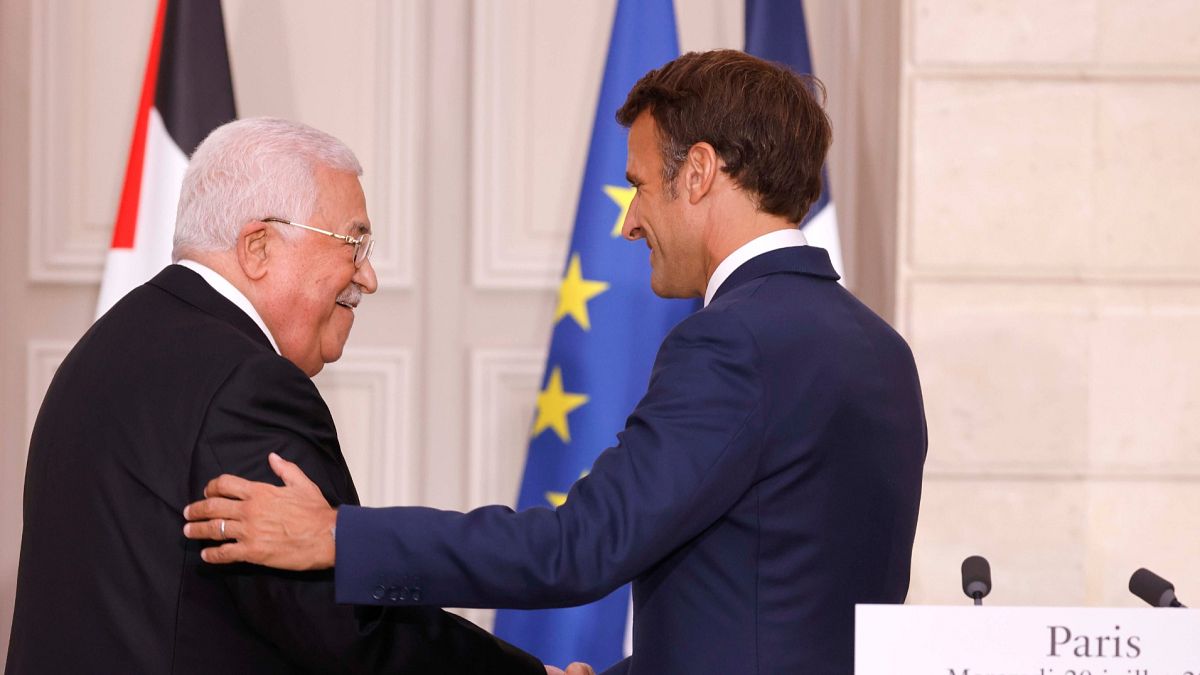

In a significant diplomatic maneuver, France has moved to recognize Palestine as an independent state. This announcement was made by French President Emmanuel Macron, who expressed hopes that this step could contribute to long-standing peace efforts in the Middle East. The formal recognition is set to be announced at the United Nations General Assembly in September.
The decision from France arrives during a time of heightened tension and humanitarian concerns in the Gaza region. President Macron’s revelation came after a series of high-level discussions and was notably shared on social media, where he emphasized the potential for this recognition to catalyze lasting peace in the area.
Macron’s declaration follows a period of intensified diplomatic efforts across Europe to address the enduring Israeli-Palestinian conflict. The French leader underscored the importance of peaceful resolutions and cooperation among global powers to navigate these longstanding tensions. His announcement aims to inspire similar actions from other nations, potentially galvanizing a broader international effort toward acknowledging the Palestinian quest for statehood.
Furthermore, Macron has noted encouraging gestures from Palestinian leadership, particularly from President Mahmoud Abbas, who has openly denounced violent attacks and committed to renewing the governance of the Palestinian Authority. This includes steps toward the demilitarization of groups such as Hamas, which France views as a favorable development toward stability.
France’s decision coincides with ongoing diplomatic dialogues. This spirit of dialogue was mirrored in the separate but concurrent negotiations unfolding around Iran’s nuclear program. Tehran has signaled readiness to engage in talks with the E3 nations—comprising Britain, France, and Germany—as well as the European Union. These discussions are aimed at rebuilding trust, crucial for progress in nuclear non-proliferation and regional security.
As these multifaceted international diplomatic efforts continue, there is a visible threading together of several geopolitical strands. France’s stance on Palestine interlocks with broader European strategies that seek to address regional conflicts through diplomatic recognition and active engagement. This interconnected approach underlines Europe’s evolving stance on Israel-Palestine relations, marked by a clear message from Macron’s administration.
It is in this interconnected world that France steps into a leadership role within the European Union, pushing the agenda for a peaceful resolution to the enduring Middle East conflict. Other nations within the EU are observing France’s actions, potentially preparing to adjust their diplomatic strategies in response to this bold move by Macron.
On another note, this recognition by France also plays into the wider European strategy of reducing reliance on more militaristic forms of intervention in favor of fostering diplomatic pathways and peaceful negotiations. It serves as a reiteration of the power of recognition and dialogue, manifesting a diplomatic effort that recognizes the importance of acknowledging long-contested national sentiments.
As the UN General Assembly meeting looms ever closer, anticipation builds around the global community’s response to this major development. There’s hope that France’s decision will strengthen international dialogue concerning the Israeli-Palestinian dispute and pave the way for further negotiations built on mutual recognition and shared goals for peace.
In conclusion, France’s initiative signals an important moment in international diplomacy, with the potential to influence both immediate and long-term regional dynamics. It reasserts the significance of recognizing diverse narratives and underscores a hopeful path toward peace through collaborative and inclusive international relations.
Source: {link}
